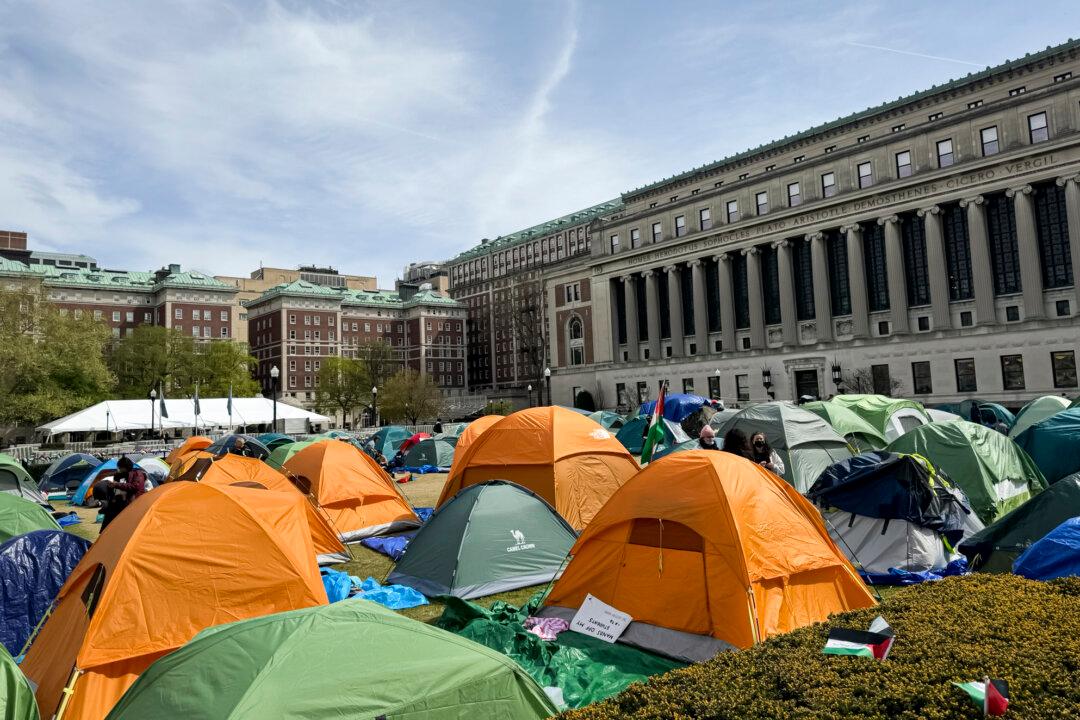The Department of Education has launched a probe into anti-Palestinian racism at Columbia University, Palestine Legal said on Friday, after a complaint was filed against the university over its handling of protests.
The advocacy group filed a complaint to Secretary of Education Miguel Cardona on April 25 on behalf of four students and the Columbia Students for Justice in Palestine, alleging that they had been the target of “extreme anti-Palestinian, anti-Arab, and Islamophobic harassment” at the university.





